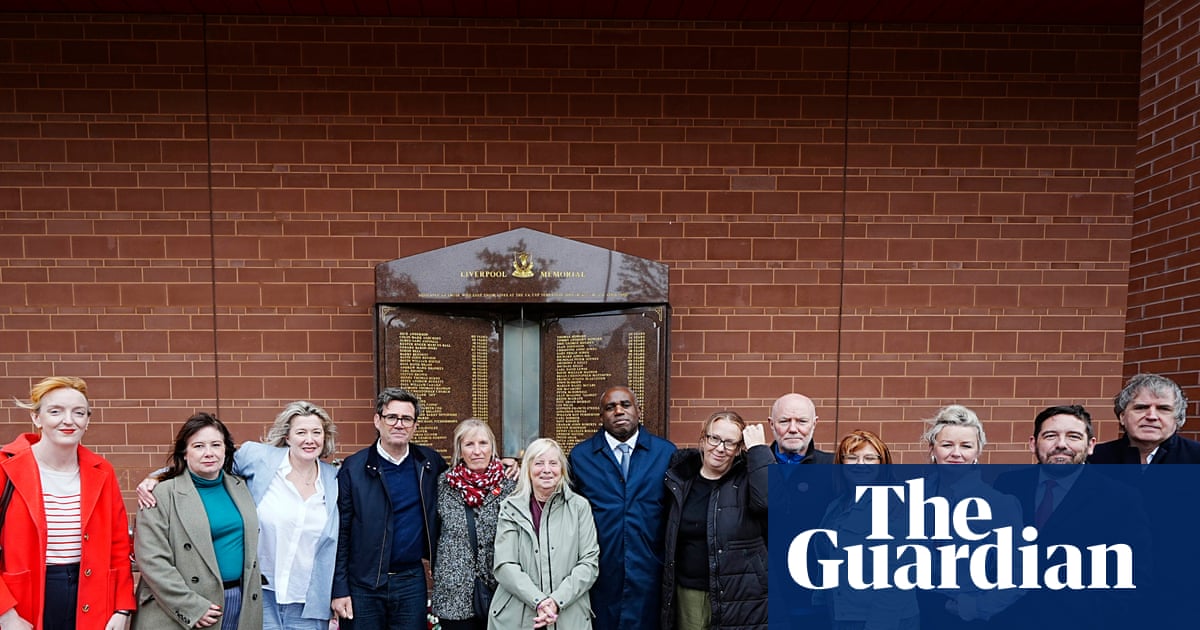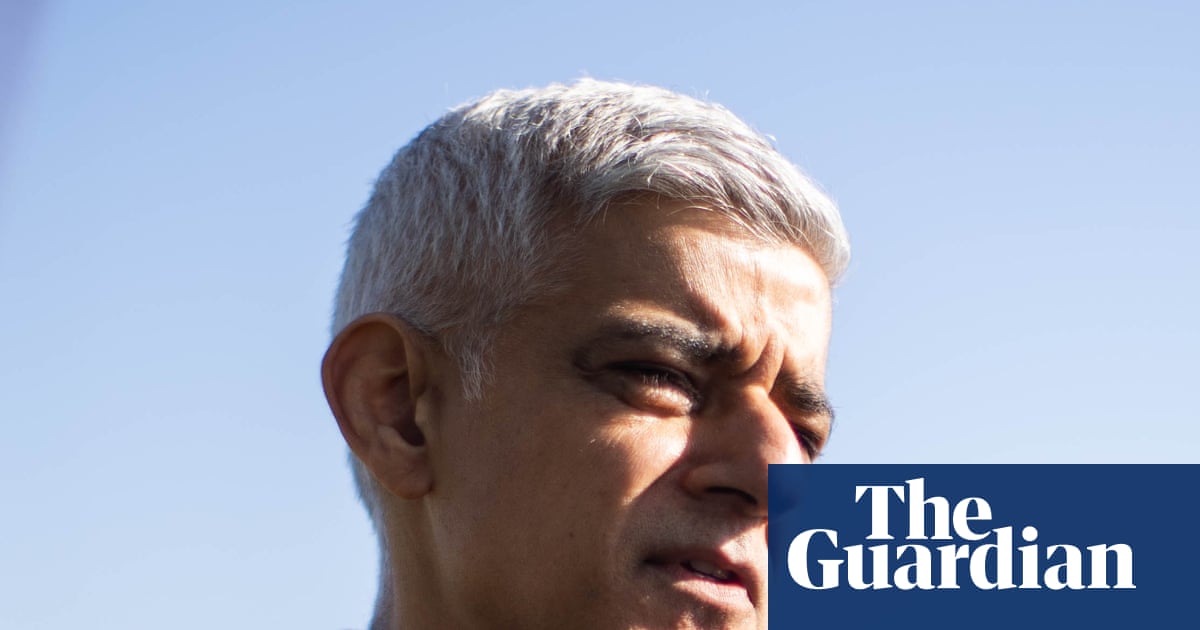After seven weeks of testimony from more than 30 witnesses, jurors in the high-profile federal sex-trafficking and racketeering conspiracy trial of Sean “Diddy” Combs have begun deliberations.
The 12-member jury – made up of eight men and four women – began deliberating on Monday, following closing arguments from both sides that concluded on Friday and lengthy instructions from the judge.
Earlier on Monday, Judge Arun Subramanian told jurors that they were the “sole and exclusive judges of the facts” who are to determine a verdict without bias or prejudice to either of the parties involved.
He emphasized that prosecutors had the burden of proving Combs is guilty beyond a reasonable doubt, not proof beyond any possible doubt.
Combs, 55, was arrested in September and faces felony charges: one count of racketeering conspiracy, two counts of sex trafficking and two counts of transportation to engage in prostitution.
He has pleaded not guilty to all of the charges and denied the accusations against him.
If convicted, Combs could spend the rest of his life in prison. He has been held without bail at a federal detention center in Brooklyn since his arrest.
Prosecutors allege that for over two decades, Combs led a criminal enterprise, aided by employees and associates, that engaged in, attempted to engage in and worked to cover up crimes including sex trafficking, kidnapping, forced labor, drug distribution, arson and bribery, enticement to engage in prostitution and obstruction of justice.
The government has sought to prove that Combs used violence, threats, money, drugs, intimidation and power to abuse and coerce two of his former girlfriends into participating in “freak-offs”, which were described as drug-fueled sex marathons with hired male escorts.
The defense has insisted throughout the trial that all sexual encounters were consensual and part of a “swingers lifestyle”. They have argued that no criminal conspiracy exists and that Combs is being wrongly prosecuted for his “private” and “personal sex life”.
Throughout the trial, Combs’s lawyers acknowledged past instances of domestic violence, but denied that Combs committed sex trafficking and that any coercion took place.
Since the trial began on 12 May, the jury has reviewed dozens of text messages, videos and receipts. The government called 34 witnesses to the stand, including two of Combs’s former girlfriends, multiple former employees and assistants, several male escorts, stylists, hotel workers, law enforcement agents and well-known figures such as the rapper Kid Cudi and singer Dawn Richard, among others.
Key testimony came from two of Combs’s former girlfriends and alleged victims, singer Casandra “Cassie” Ventura and a woman identified as “Jane”, both of whom described the alleged “freak-offs” in graphic detail and alleged that they were coerced into participating.
They both testified that Combs directed, watched, masturbated to and sometimes filmed the sexual encounters.
The women described times where they said Combs was violent with them and they alleged that Combs would threaten to release explicit videos of them or cut off financial support if they didn’t meet his demands.
During cross-examination, Combs’s lawyers sought to cast Ventura and Jane as willing and consenting participants in the “freak-offs”. Combs’s team presented loving and at times explicit text messages exchanged with Combs – some of which showed the women expressing enthusiasm for the encounters. His lawyers also frequently brought up the role that jealousy and drug use played in their relationships.
Another woman, a former personal assistant who testified under the pseudonym “Mia”, alleged that Combs physically and sexually assaulted her during her employment.
Defense attorneys suggested that she fabricated the allegations, and highlighted social media posts and messages from after the alleged assaults in which Mia praised Combs, calling him a “mentor” and an “inspiration”.
The government rested its case last week. Shortly after, Combs confirmed that he would not be testifying. His legal team also rested its case, but opted not to call any witnesses of its own. Instead, his team submitted evidence to the court and relied on its extensive cross-examinations throughout the trial.
During closing arguments, the prosecution spent nearly five hours outlining the government’s case against Combs, revisiting testimony from several witnesses, and broke down each allegation against Combs.
The prosecution described him as “the leader of a criminal enterprise” who refused to “take no for an answer” and alleged that he was someone who wielded “power, violence and fear to get what he wanted”.
“The defendant was a very powerful man,” she said. “But he became more powerful and more dangerous because of the support of his inner circle and his businesses – the enterprise.”
The defense offered its closing argument on Friday, and told the jurors that the government’s case against Combs was “false” and “exaggerated”.
Combs’s lawyer urged the jury to reject the prosecution’s case against Combs and pushed back against the government’s accusations, disputed various pieces of witness testimony, and challenged the prosecution’s portrayal of Ventura and Jane as sex-trafficking victims.
Combs’s lawyer cast Ventura, the government’s star witness, as a woman with agency, rather than a victim, who willingly participated in the sexual encounters.
The lawyer also pointed to the $20m settlement she received from Combs in 2023 after filing a civil lawsuit accusing him of abuse, which triggered the federal investigation, as well as the the $10m Ventura is expected to receive from the owner of a hotel in Los Angeles where she was assaulted by Combs in 2016.
“If you had to pick a winner in this whole thing, it’s hard not to pick Cassie,” Agnifilo said. “This isn’t about a crime, this is about money.”
Though he did not take the stand, throughout the entire trial, Combs has been engaged and active in his defense, often seen whispering to his lawyers and reacting visibly to testimony.
Earlier this month, the judge warned that Combs could be removed from the courtroom for looking at and “nodding vigorously” at the jury during a cross-examination.

.png) 2 months ago
22
2 months ago
22

















































